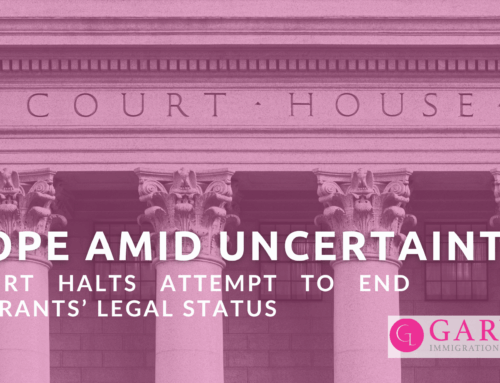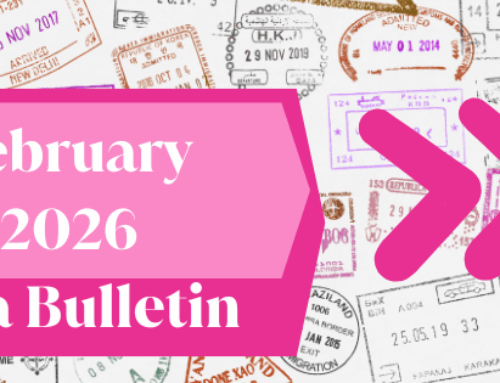Starting October 16, 2025, the U.S. Department of Homeland Security (DHS) began enforcing a $1,000 fee for certain individuals granted immigration parole. This change, part of the H.R. 1 Reconciliation Bill, is intended to streamline parole processes, but it also introduces a significant financial hurdle for many seeking humanitarian or emergency entry into the U.S.
Who Is Affected?
The fee applies to individuals when:
- Parole is granted, including initial parole, re-parole, or parole from DHS custody.
- Parole is effectuated, meaning the individual is physically present in the U.S. or appears at a port of entry for inspection.
It’s important to note that the fee is not due at the time of application, but must be paid before parole is finalized.
Who Is Exempt?
DHS has created exemptions for individuals in urgent or humanitarian situations, including:
- Medical emergencies requiring immediate treatment.
- Family emergencies, such as accompanying minors in life-threatening situations.
- Organ or tissue donors entering the U.S. to donate.
- Urgent family matters, including attending a funeral or visiting a dying relative.
- Adopted children with medical needs requiring treatment before visa issuance.
- Advance parole for adjustment applicants returning to the U.S. under Section 245 of the INA.
- Paroled individuals for immigration hearings.
- Cuban and Haitian entrants.
These exemptions are limited but aim to address cases where immediate humanitarian or public-interest needs exist.
How and When to Pay
Payment is required before parole is granted and effectuated. DHS provides instructions to each individual once parole is approved, and following these instructions carefully is crucial to avoid delays or denial of entry.
Why This Matters
For many, this fee presents a significant financial challenge. Individuals fleeing crises, persecution, or other emergencies may find this cost difficult or impossible to cover. While exemptions exist, they apply narrowly, and those who don’t qualify may face additional barriers to entering the U.S. legally.
Our Take
At Garvish Immigration Law Group, we understand the stress and complexity that these changes bring. Our team works closely with clients to guide them through the process, clarify their rights, and explore available options — helping them navigate even the most challenging circumstances.
If you or someone you know may be affected by the new immigration parole fee, or if you have questions about exemptions or filing requirements, our experienced attorneys are here to help. Contact us to schedule a consultation and get personalized guidance.


